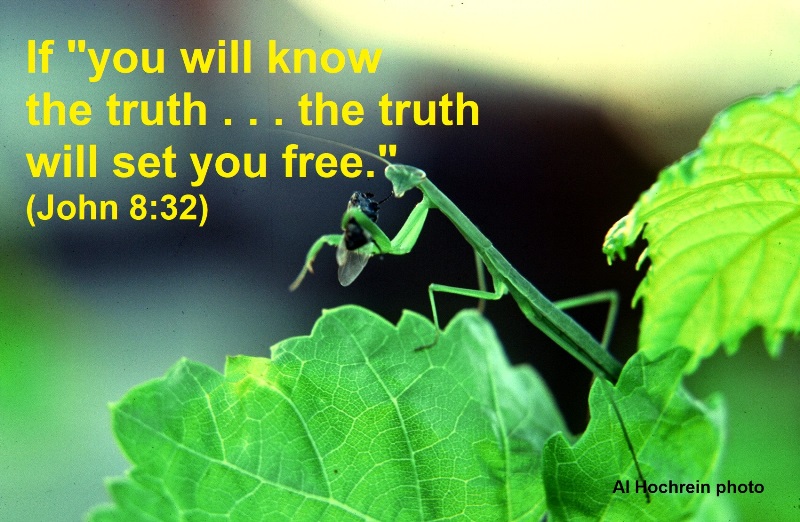
Part Six: How to Prove Christian Truths-Claims Are Factual
In the previous two blog posts in this series, I demonstrated that modern science depends on a philosophical assumption called Scientism—which claims nothing can be considered true or factual unless it passes through the filter of scientific testing, that is, demonstrated scientifically. This includes religious truth-claims. I pointed out three responses that refute this assumption. We looked at the first two in last week’s blog. This week we’ll examine the third response: Christian truths can be proven to be factual.
- Christian Truth-Claims Can Be Established as Factual
In an online article I wrote for the Christian Research Journal (“Can Apologetics Go Beyond Evidence for Christianity to ‘Proof’ of Christianity?” 5-13-2020), I established that if we apply the same method for determining truth to religious claims that are used to determine truth in virtually all other areas of knowledge, such as history, law, and even science, we can prove beyond a reasonable doubt that Christianity is true and all other religions are false. Why? Because the methodology for determining truth I’m referring to is used to determine scientific truths, legal truths, historical truths, and most of the decisions we make in everyday life. All these areas of knowledge depend on inductive reasoning—as does the scientific method.
Inductive reasoning essentially determines truth by accumulating a preponderance of reliable evidence to reach a probable conclusion—to achieve the highest level of certainty attainable in the areas under investigation. In science, this involves accumulated evidence through observations, experimentations, and verifications. But the scientific method is not limited to just empirical science. This same truth-test (inductive reasoning) is used to verify everything from the odds of winning the lottery to the guilt or innocence of a murder suspect. It’s the method used to ascertain the historicity of George Washington and establish the likelihood of dying in a plane crash. It’s the truth-test doctors use to diagnose an illness, stockbrokers use to direct their investments, and consumers use to select a reliable used car. In all these instances, decisions are based on their probable outcome.
Religion is no different. We can’t prove or disprove religious truth through scientific observation or experimentation because that approach doesn’t apply. Yet the vast amount of accumulated evidence demonstrates to the highest level of certainty attainable in the area of religious truth that God exists, the Bible is His only authentic written revelation, and that Jesus Christ died for our sins and rose from the grave to redeem us. No other religion in the world can be proven true by applying inductive reasoning.
In sum, just because something can’t verify by modern science doesn’t mean it’s untrue. This is precisely the case for Christian truth-claims. To be consistent, if modern secular science denies the factuality of Christian truth-claims, it must also deny as factual other areas of knowledge that do not pass through Scientism’s filter. This would include denying as factual all legal, historical, aesthetic, philosophical, and all other truths of a non-scientific nature that people take for granted as factual.
There is no logical, philosophical, or scientific reason not to recognize that truth and knowledge can reside in the unseen, spiritual world as well as in the physical, natural world. ©
Next week we look begin looking at the most dangerous adversary confronting the church in the 21st century.